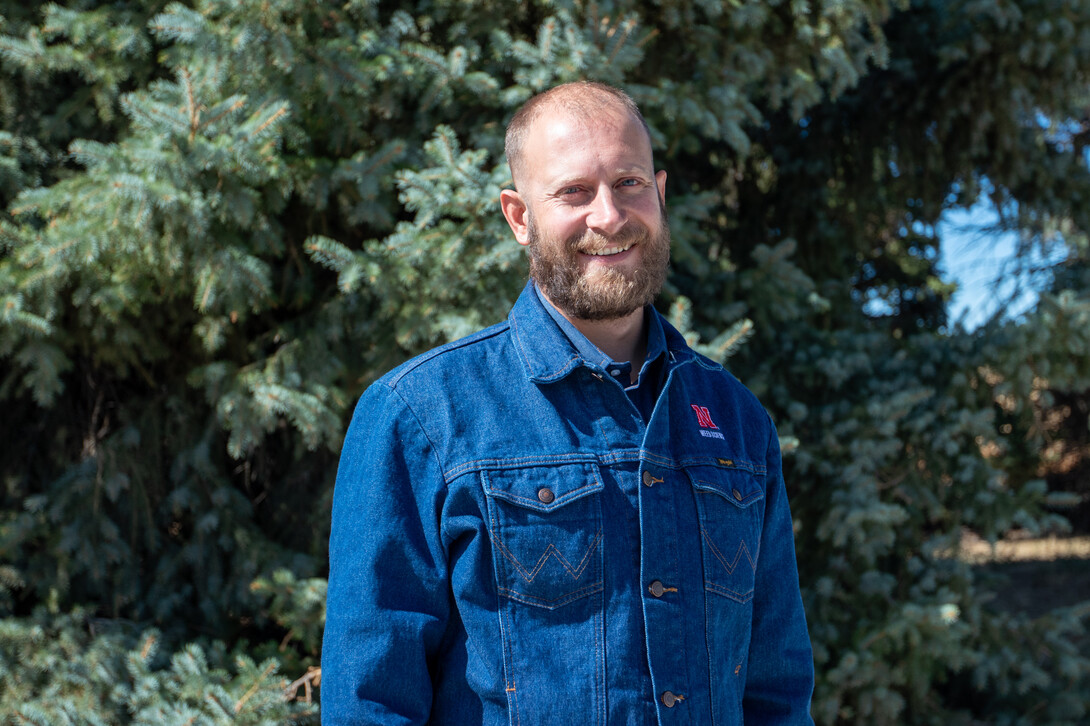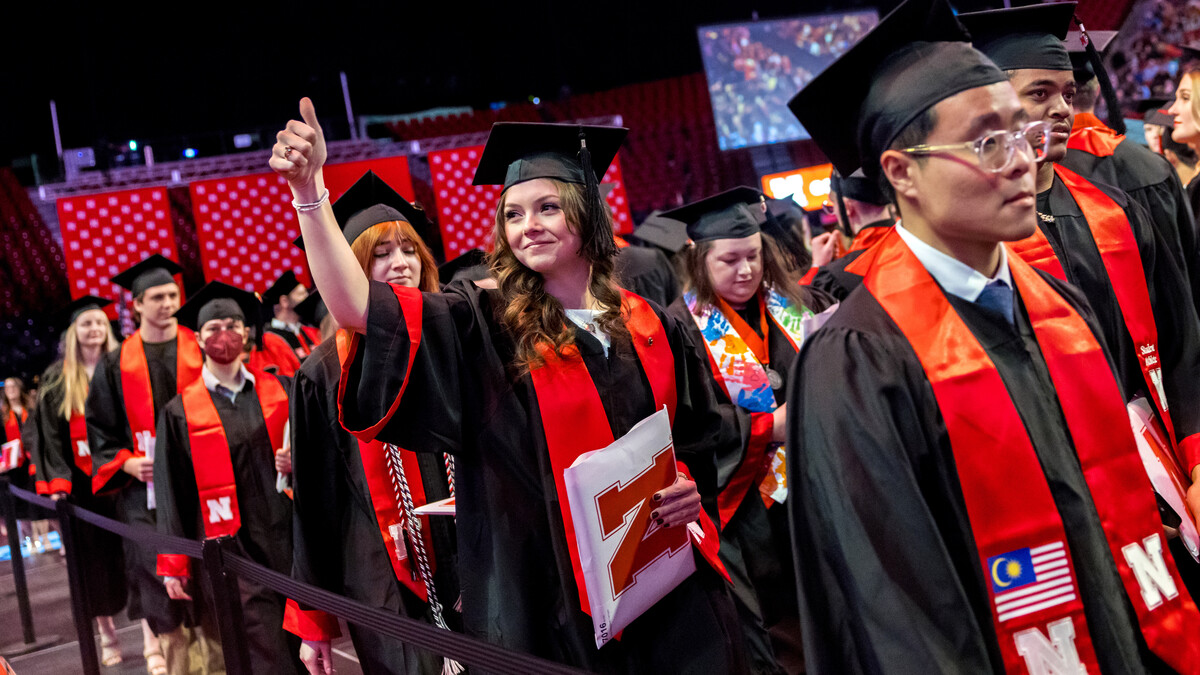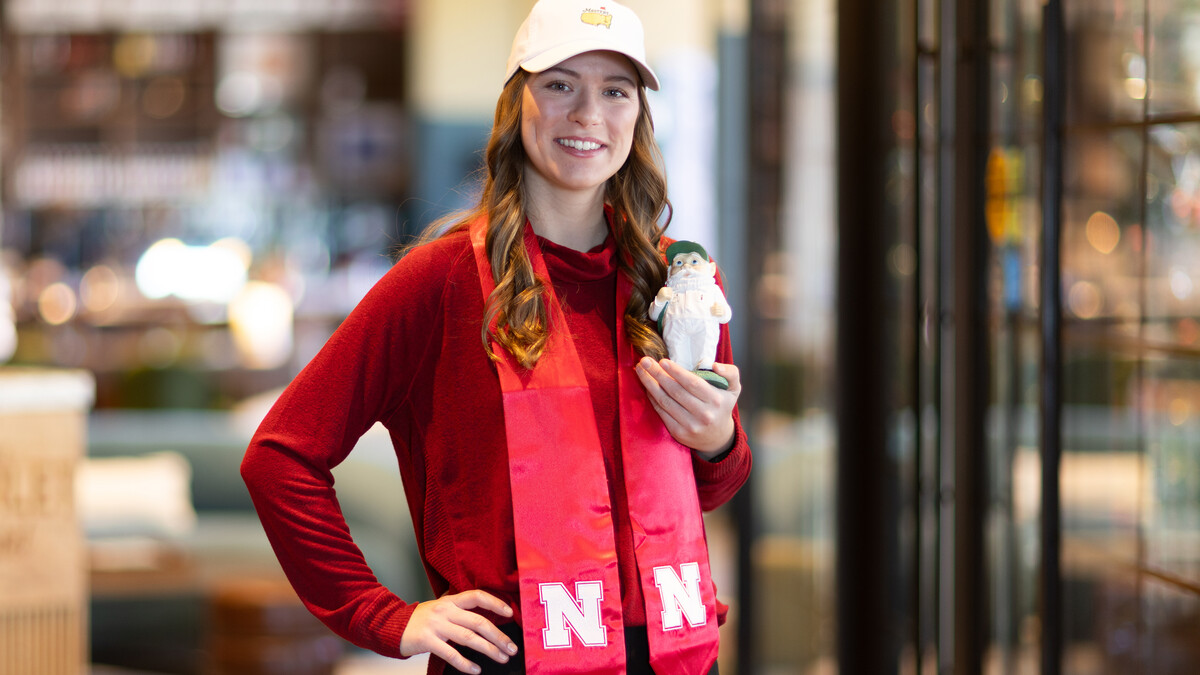
The spring Agronomy and Horticulture Seminar Series will begin at 3:30 p.m. Jan. 29 with “Management of Herbicide-Resistant Palmer Amaranth in Minor and Specialty Crops Within the High Plains,” presented by the University of Nebraska-Lincoln’s Nevin Lawrence via Zoom.
Lawrence, assistant professor of agronomy and horticulture, will present on herbicide-resistant Palmer amaranth’s recent arrival in Nebraska’s Panhandle and surrounding regions and how many of the crops grown within the region have limited herbicide options. Lawrence will review the previous five years of research and extension efforts he has undertaken to better understand Palmer amaranth, and to provide stakeholders with options to manage a difficult but increasingly common weed species.
This seminar will be streamed and recorded. The series will continue every Friday. Dates and topics are listed below.
• Feb 5: “Oil Palm Production and Conversation of Natural Resources: Can We Get It All?,” Patricio Grassini, associate professor and cropping system specialist, Department of Agronomy and Horticulture, University of Nebraska–Lincoln.
• Feb. 12: “Soil Health: How Management is Affecting the Pulse of Soil,” Alan Franzluebbers, USDA-ARS, Raleigh, North Carolina.
• Feb. 19: “Coexisting with Fire in Rangelands,” Victoria M. Donovan, postdoctoral research associate, Department of Agronomy and Horticulture, University of Nebraska–Lincoln.
• Feb. 19: “People, Fire and Global Biome Divergence in the 21st Century,” Rheinhardt Scholtz, affiliate in the Department of Agronomy and Horticulture, University of Nebraska–Lincoln.
• Feb. 26: “Aerial Application in the United States: Best Practices and Future Directions,” Bradley Fritz, agricultural engineer and research leader, Aerial Application Technology Research Unit, USDA-ARS, College Station, Texas. Note: This presentation will not be posted to the website.
• March 5: “Teaching Landscape Systems,” Dan Uden, assistant professor, School of Natural Resources, Department of Agronomy and Horticulture, Center for Resilience in Agricultural Working Landscapes, University of Nebraska–Lincoln.
• March 12: “The Summing Up: One Person’s Life with Small Grains,” P. Stephen Baenziger, professor, Department of Agronomy and Horticulture, University of Nebraska–Lincoln, Nebraska Wheat Growers Presidential Chair.
• March 19: “The Physiological Basis for Greater Growth and Improved Persistence of Alfalfa Fertilized with Phosphorus (P) and Potassium (K),” Jeffrey J. Volenec, professor, Department of Agronomy, Purdue University.
• March 26: “How Can Transferable Biology and Breeding Contribute to Improving Food Systems and Climate Change?,” Edward Buckler, professor, USDA-ARS, Cornell University.
• April 2: “From Plant Proteins and Metabolites to Protein Networks and Metabolic Pathways,” Sophie Alvarez, research associate professor, Department of Agronomy and Horticulture, director of the Proteomics and Metabolomics Facility, Nebraska Center for Biotechnology, University of Nebraska–Lincoln.
• April 9: Ruth Wagner, head of data science and analytics, Bayer Crop Science. Note: This presentation will not be posted to the website.
• April 16: “Management of Herbicide-Resistant Weeds: Challenges and Opportunities,” Rodrigo Werle, assistant professor and extension cropping systems weed scientist, Department of Agronomy, University of Wisconsin-Madison.
• April 23: “Increasing Pasture Productivity and Quality to Support Grazing Livestock,” John A. Guretzky, grassland systems ecologist, Department of Agronomy and Horticulture, University of Nebraska–Lincoln.
• April 30: “Expanding the Breeding Toolbox to Develop Soybean Cultivars,” Asheesh Singh, professor, Department of Agronomy, Bayer Chair in Soybean Breeding, Associate Chair for Discovery and Engagement, Director of Graduate Education (Plant Breeding), R.F. Baker Center for Plant Breeding, Plant Sciences Institute, Iowa State University.
For questions, contact Kaye Wolfe, digital support associate. Learn more about the series here.







